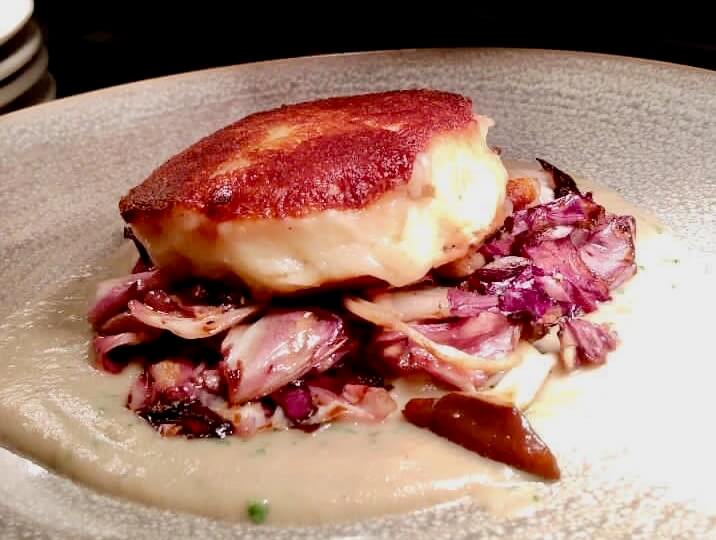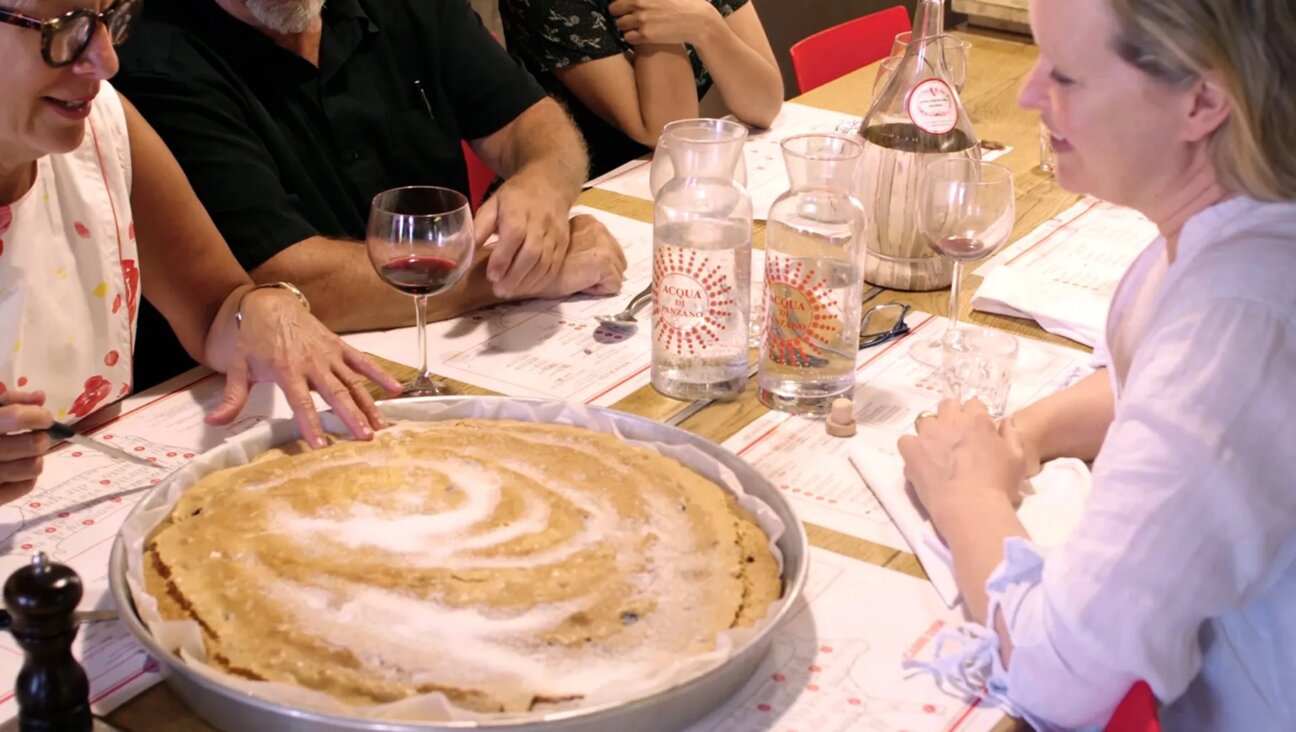What’s for (Shabbat) Dinner? Spanish Tapas Platters

Graphic by Angelie Zaslavsky
Last March I visited a good friend studying in Spain. Being early spring, I packed scarves, boots, and jeans for our trip to Valencia. My friend and I arrived at the hostel in a full sweat, annoyed at just how inaccurate the weatherman had been. Tired and hot, I checked out the forlorn hostel kitchen. There was no way I was standing over, or even near, a stove. On top of our poor packing and grimy choice in residence, it looked like our plans to make a home-cooked Shabbat meal had fallen through.
We headed into Valencia in search of food. Tapas in the inner city was wildly over-priced, so we decided a homemade meal would have to suffice. By the luck of the travel gods, we stumbled upon Mercado Central, Valencia’s largest indoor food market, with hundreds of purveyor stalls brimming with cheese, cured meats, olives, bread, pastries, vegetables, fresh fish, and gelato. Every grocery and provision looked so perfect and delectable in its natural state, we suddenly felt inspired to ‘make’ our own meal. A block of Manchego cheese from one vendor, a chunk of chorizo from another, a fresh loaf of bread (sadly, no challah to be found), a little tin of caper berries and olives, and we were ready for to feast.
Attempting to make our Shabbat picnic as special as possible, I hastily placed the bread in the center of a paper plate, surrounded it with a pattern of chunks of cheese and scattered olives over everything. “Not bad for a few Euros and no kitchen,” my friend exclaimed. After the success of that day’s epic meal, no-cook platters became our go-to plan throughout Spain. The most memorable was a dessert platter of Swiss chocolate, tart Valencia oranges, plump juicy strawberries, and salty Marcona almonds.
This summer I’ve found myself staring down my stovetop in the same spiteful manner I did in that hostel in Valencia. In lieu of cooking — because let’s face it, 90 degrees is just not favorable for slaving over a hot stove — I’ve been making no-cook meal platters. Variety is the key to keeping this way of eating and entertaining interesting. Some platters have been very reminiscent of Spain — hard cheese, olive tapenade, bread, and thinly sliced radishes; while others branch off into new territories: garbanzo beans, sliced avocados, jarred roasted red peppers, and pitas.
To make a no-cook meal platter start by picking a base item. In the center of the platter, I like to place crusty bread, pita, crunchy lettuce leaves, or a loaf of Challah on Shabbat. From here, pick a no-cook protein, such as canned beans, sliced deli meat, nuts, anchovies, or smoked salmon. Add some tasty accouterments: olives, cheese, cornichons, artichoke hearts, and sundried tomatoes. Balance it out with some bite-sized veggies and a mustard, dressing or dipping sauce.
These are not really recipes so much as they are suggestions for different platter arrangements. A little effort put towards artfully arranging the ingredients goes a long way in presentation.
A Spanish Snack: Manchego cheese, green olives, anchovies, French bread, orange marmalade
A Vegetarian Mediterranean Feast: Tabbouleh, hummus, pitted black olives, dried apricots, pita pockets, feta cheese, cherry tomatoes, arugula, pine nuts
An Anytime Dessert Platter: 1 dark chocolate bar broken into squares, 2 peeled and segmented oranges, a handful of strawberries or cherries, a handful of salty nuts, such as Marcona almonds or salted peanuts























